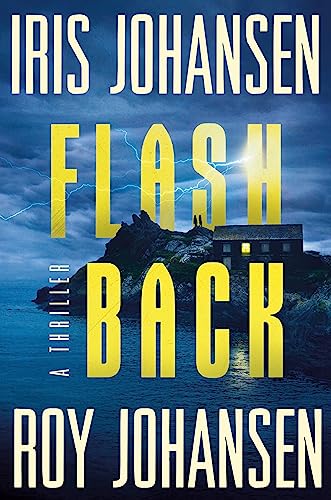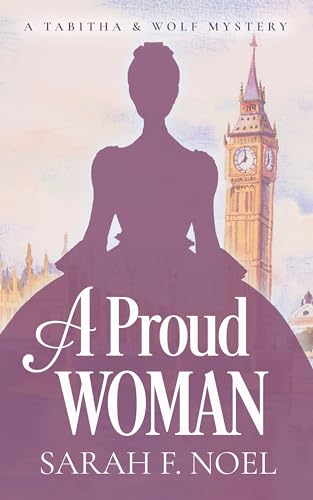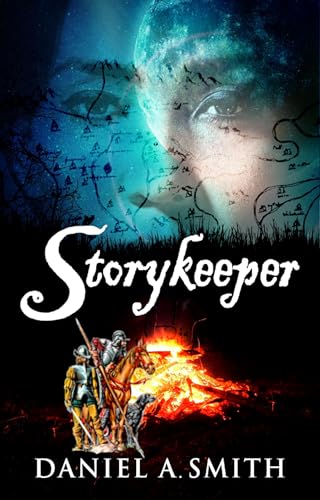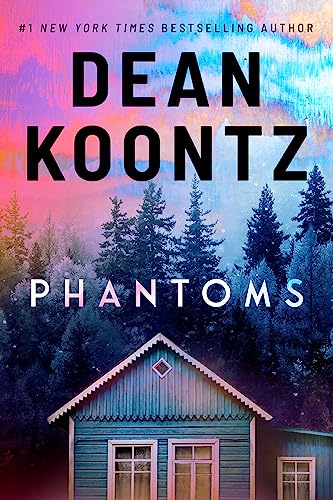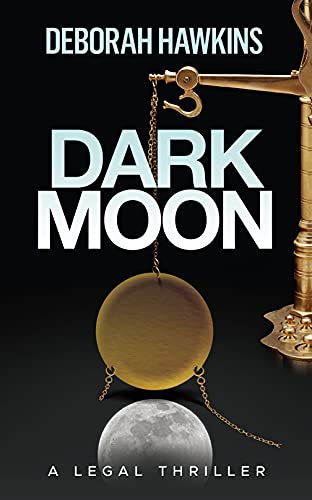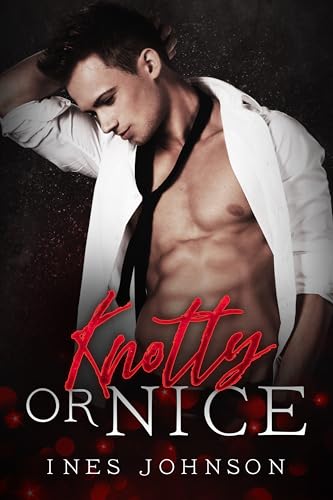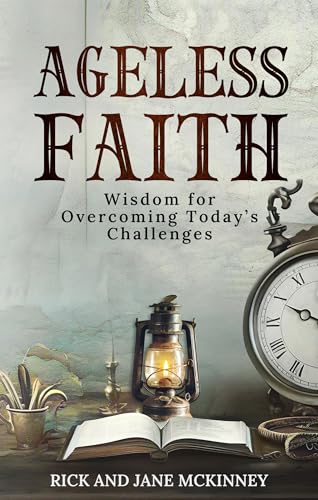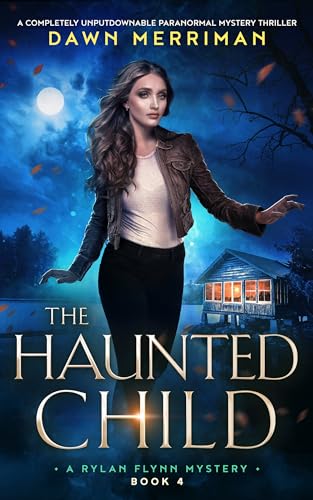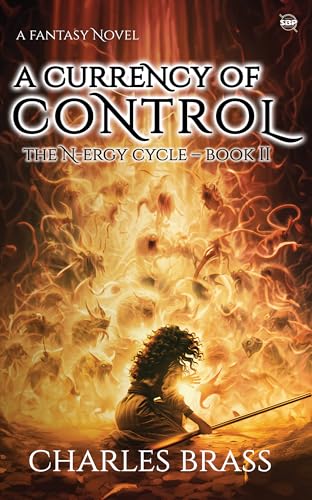By Stephen Windwalker
Originally posted February 7, 2010 at Kindle Nation Daily – © Kindle Nation Daily 2010
Related posts:
- Hardball: Amazon Ceases Shipping of All Books by MacMillan Publishers and Imprints over Kindle Pricing Dispute
- Amazon’s “Delete You!” Tactics Creates Other Opportunities, but Will It End in Global Thermonuclear War? Or Just a Lawsuit Against Jobs, Apple, and the Publishers?
- Did Amazon Just Blink on eBook Pricing? “Ultimately … we will have to capitulate,” says company
- Publishers Could Be Mining Millions in Their Own Backlists … Why Not?
- How Much Money is Publishing’s BS Cabal Leaving on the Table? 10 Million eReaders to Be Shipped in 2010, Says Leading Display Manufacturer PVI
- With Kindle royalties about to be set at 70%, is it time to revisit bestselling novelist Anne Rice’s post: “Should major authors think about making Kindle (if possible) their primary publisher?”
When the Big Six publishers and Apple’s Steve Jobs began conspiring recently to raise ebook prices by 30 to 50 percent from the Kindle Store standard of $9.99 for bestsellers and many new releases, it may have looked at first like curtains for Amazon’s powerful hold on the fast-growing ebook market. Amazon’s first move — referenced on the blog as its “Delete You” tactic against MacMillan titles — even seemed a bit petulant to some observers, especially when the retailer turned around a few days later and said that it would have to capitulate to MacMillan’s pricing demands.
The publishers are in a powerful position, and it may indeed hurt sales of the Kindle — and of the publishers’ own bestsellers — if in a few weeks we find that few ebook bestsellers are available any longer at that $9.99 price that has become so popular in the Kindle Store.
But it turns out Amazon has some arrows left in its quiver.
First, it is clear now that, whatever its intentions, Amazon’s “Delete You” play was very effective in educating Kindle owners about the pricing controversy that was going on behind the scenes. Among the first 1,032 respondents in the current Winter 2010 Kindle Nation Citizen Survey, 71 percent agree with this statement: “By dropping MacMillan books, Amazon took stand vs. high-priced ebooks.” 11 percent disagreed with the statement, and 18 percent didn’t know or didn’t have an opinion.
The importance of this customer education, with its obvious subtext that “it is the publishers, not Amazon, who are behind the price increases in the Kindle Store” is that it helps to preserve a special relationship between Amazon and those of its customers who are Kindle owners. Most Kindle owners are extremely loyal customers, and we buy a lot of books. You don’t just have to take my word on these matters, because they are quite evident from other data provided by respondents in our current survey:
- 88 percent have positive or very positive feelings about Amazon, but only 19 percent have positive or very positive feelings about the Big Six publishers.
- 70 percent agreed (and only 13 percent disagreed) with the statement that “Jeff Bezos & Amazon have my back, & I know they price things to sell.“
- 33 percent said that since acquiring a Kindle they annually buy more than 30 Kindle ebooks that are priced between 99 cents and $9.99, while another 30% said they buy 15 to 30 such books.
What will Kindle owners do if the prices of bestsellers priced previous at $9.99 increase by the 30 to 50 percent threatened by the Big Six publishers? Currently, according to our respondents, only 3 percent buy 15 or more ebooks a year in the $10-and-up price range. For some customers, that will change: 37 percent agreed with the statement that “I will probably pay $10 to $14.99 for new ebook titles if necessary,” while 54 percent disagreed.
But there are also some strong indications that this group of very active readers may be ready to make an interesting pivot in consumer behavior, one that may be reminiscent of changes in behavior in the audience for music and film in the past few decades. As these forms of entertainment became accessible in different formats and at different prices, and the costs of production and distribution declined, audience grew dramatically for music and movies with various forms of “indie” branding. In the current Kindle Nation survey, we found strong identification with the following statements:
- With recent ebook price wars, I’ve become more price-conscious. 72 percent agreed, 22 per cent disagreed.
- With higher bestseller prices, I’ll buy more backlist or indie titles. 60 percent agreed, 21 per cent disagreed.
- I’ll look to buy ebooks by authors who provide Kindle exclusives. 48 percent agreed, 28 per cent disagreed.
It should come as no surprise, of course, that Amazon — and some other forward thinkers — are racing to keep up with, or in some cases help create a market for, changes in what we read and what is published. While Amazon is certainly not about to turn its back for long on bestsellers at whatever prices they are made available, there are some exciting channels opening up which will lead to expanded selection of unique content in the Kindle Store, including:
- A high likelihood that we will soon see a significant number of bestselling or established authors eschewing agents and traditional publishers to publish their new work directly to the Kindle platform and other new technologies, as novelist Anne Rice recently hinted she might do in direct posts to an Amazon community threat that she initiated late last year.
- Amazon’s recent announcement that its own do-it-yourself “Digital Text Platform” will soon pay 70 per cent royalties directly to any authors who choose to publish and market their work there in the $2.99-to-$9.99 price range. Even the English majors among established and successful authors may be sufficiently able to do the math that they question whether traditional publishers do enough for their authors to justify paying royalties of only 17.5 percent (the rate authors will get under the agency pricing model upon which publishers are insisting) compared with the 70 percent rate promised by Amazon.
- Authors, meanwhile, are beginning to organize to protect and advance their independent publishing interests through initiatives like the fledgling Association of Independent Authors that may inspire more and more creative work for direct publication through the Kindle platform and other new technologies.
- New publishing ventures such as Rosetta Stone and Jane Friedman’s Open Road Integrated Media are making a major investment in helping both established and emerging authors and their representatives to protect and assert their ownership of their digital publishing rights so that they can bring their own work to the Kindle and other platforms under more favorable terms than the 17.5% of retail list price being offered by the Big Six publishers for ebook royalties.
- Recent deals by Amazon to publish a growing number of Kindle backlist exclusives or new short fiction by prominent authors such as Paulo Coelho
, Stephen Covey
, Ian McEwan
and, through the auspices of the Atlantic Shorts
program for the Kindle, Curtis Sittenfeld, Edna O’Brien, Paul Theroux, Jennifer Haigh, Patricia Engel and Christopher Buckley and others.
- The announcement this weekend by the British Library, courtesy Andrys Basten’s A Kindle World post, of a joint venture involving Amazon and Microsoft that will bring 65,000 works of 19th century literature to the Kindle, free of charge for Kindle users (although it is unclear if duties and wireless charges will be added for U.K. customers.)
- Through initiatives such as Amazon Encore, the Amazon Breakthrough Novel Award, and its direct publication of public domain works for the Kindle, Amazon is beginning to venture beyond merely dipping its toes in the water of ebook publishing, so that within another year or two I will not be surprised to see hundreds or even thousands of new titles published directly by Amazon in the Kindle Store.
- And last but not least, Amazon’s announcement on job boards this week that it is “seeking a uniquely-qualified individual to help drive selection of unique content for Kindle:
The position of Kindle Unique Content Specialist blends vendor management with creative and technical aspects of product development, and requires enthusiastic dedication to delivering to our customers unique, engaging, and multidimensional content designed especially for Kindle. To this end, the Kindle Unique Content Specialist will: Use customer feedback, industry news/trends, and Amazon data to identify categories and genres in which unique content will add key selection, amplify Kindle’s distinctive functionally, and further enhance/add value to the Kindle customer experience.
Where will it all lead?
We’ll see. We’ve just witnessed a strange and upside-down economic event where, in the hands of Steve Jobs and the Big Six publishers, “competition” has somehow led to higher rather than lower prices for the consumer.
What’s clear is that Amazon has no intention of biding its time while the publishers and Jobs do their dirty work. As often happens when the dinosaur sector of any industry goes head-to-head with cutting-edge, forward-thinking elements, the dinosaurs may convince themselves they are winning the battles only to discover later that the outcome of the war depended on other battles about which they never heard a word until it was too late.
Publishers and authors may be trying to convince each other that they are at war with Amazon, but they have been acting like they were at war with their own readers. Readers won’t stand for it, and Amazon is likely to do plenty to empower us by giving us more choices at better prices.

